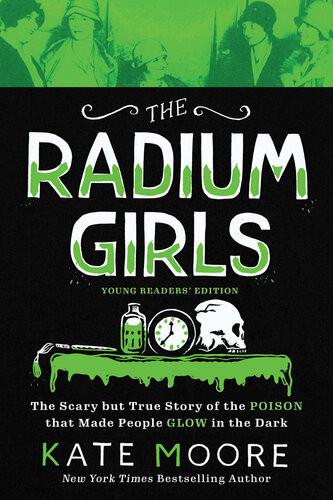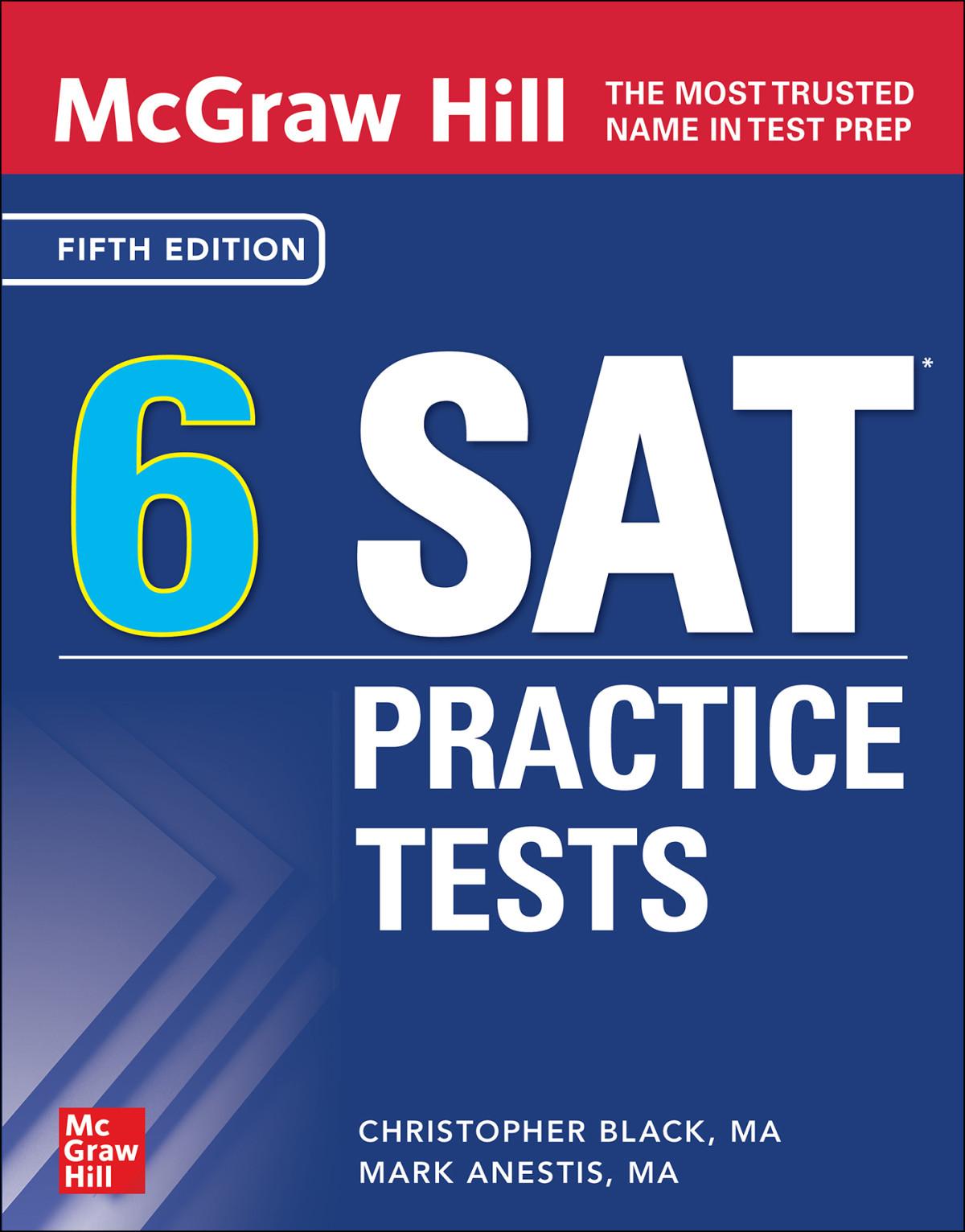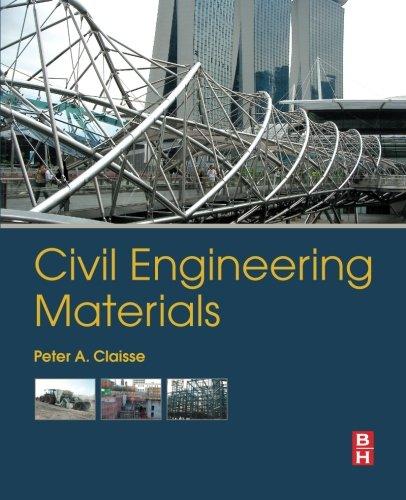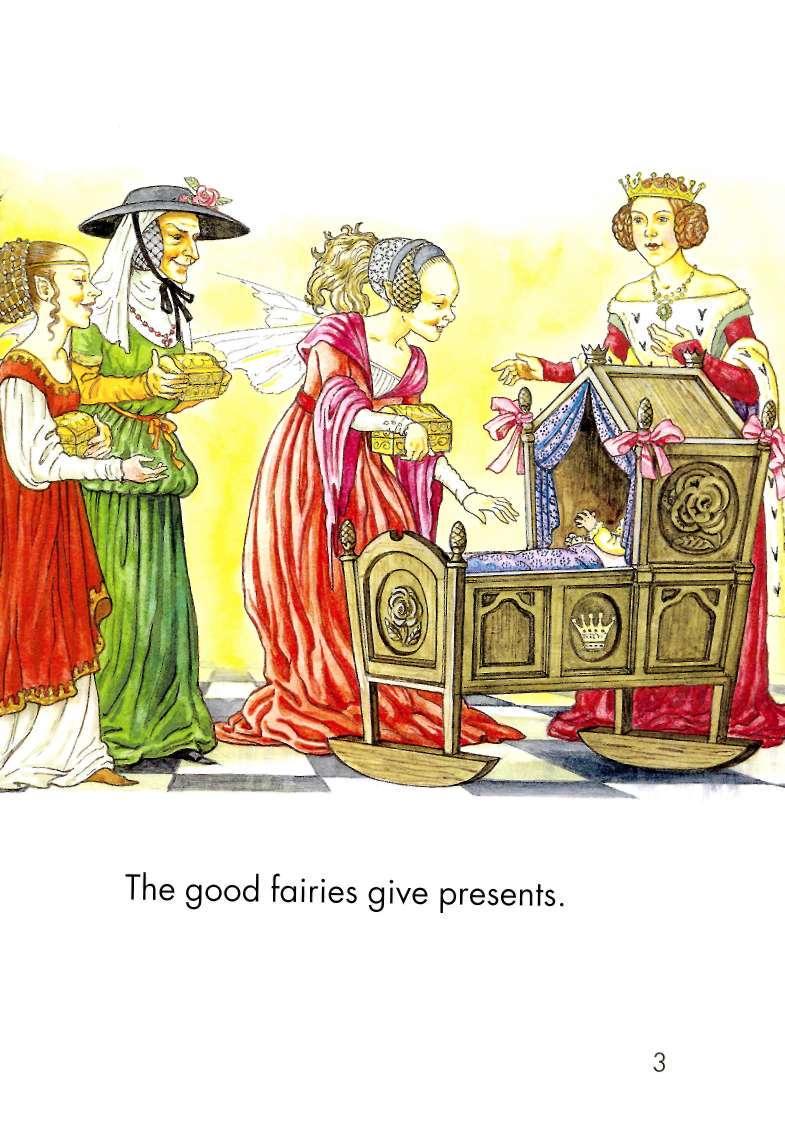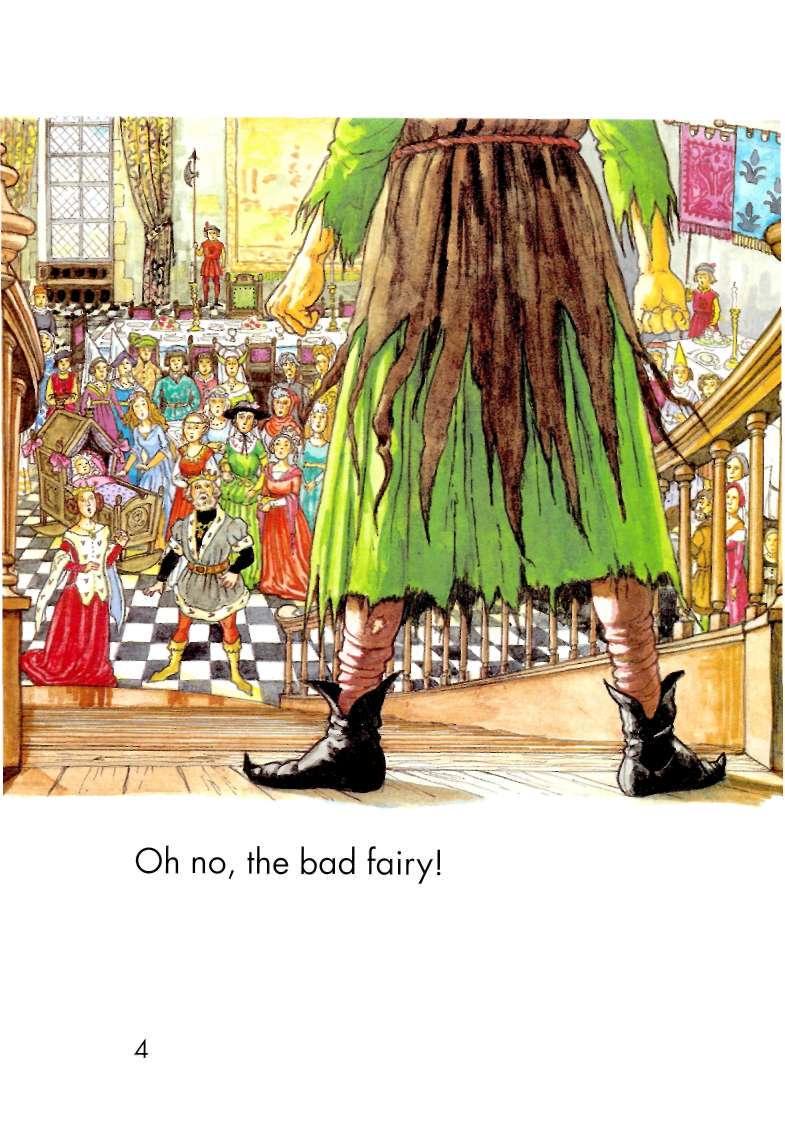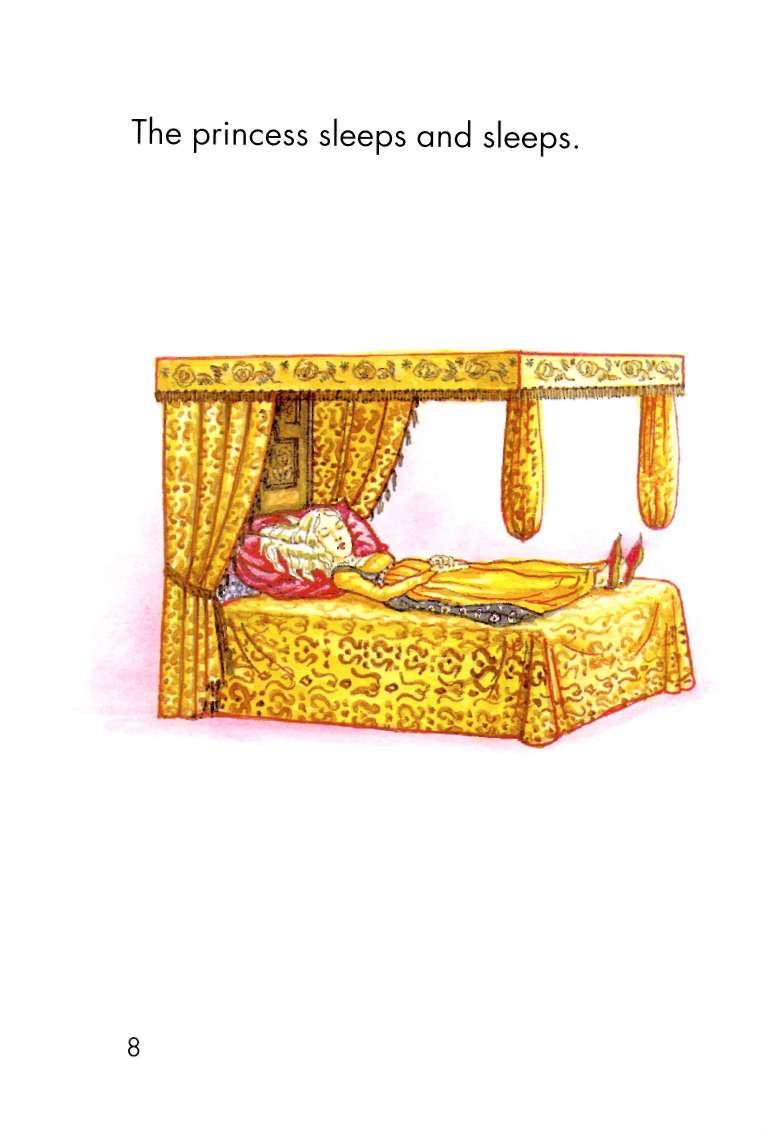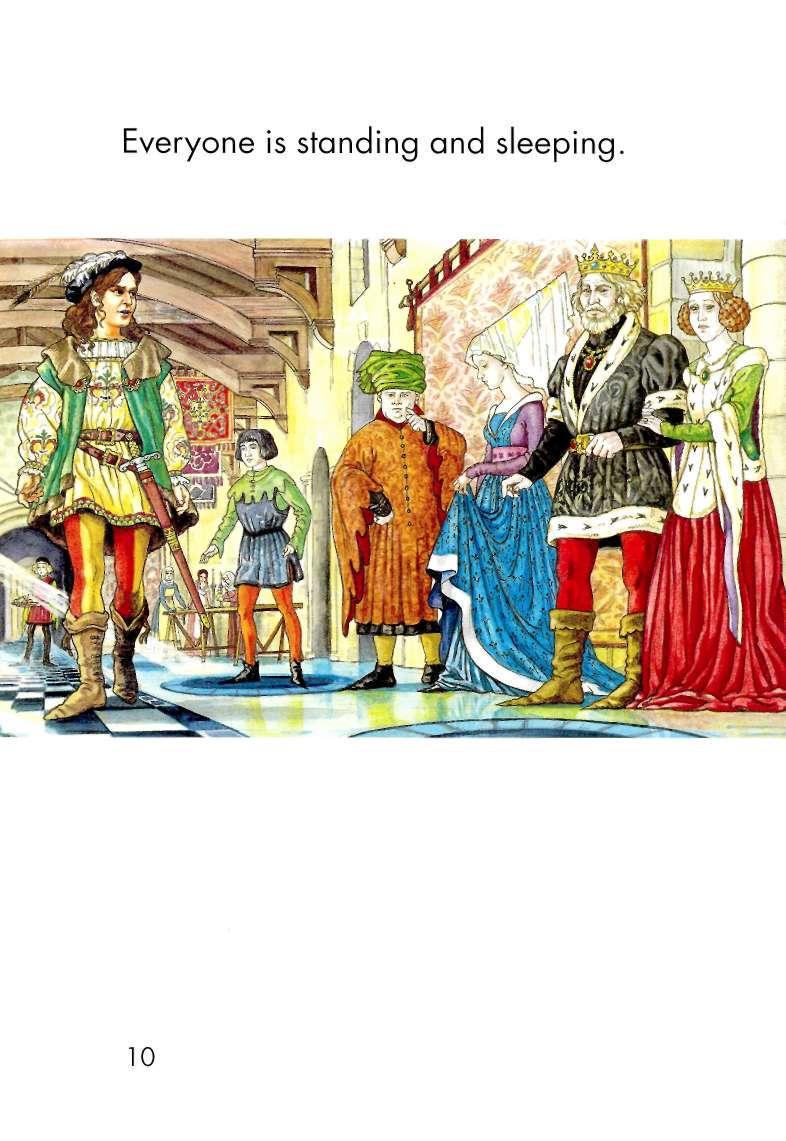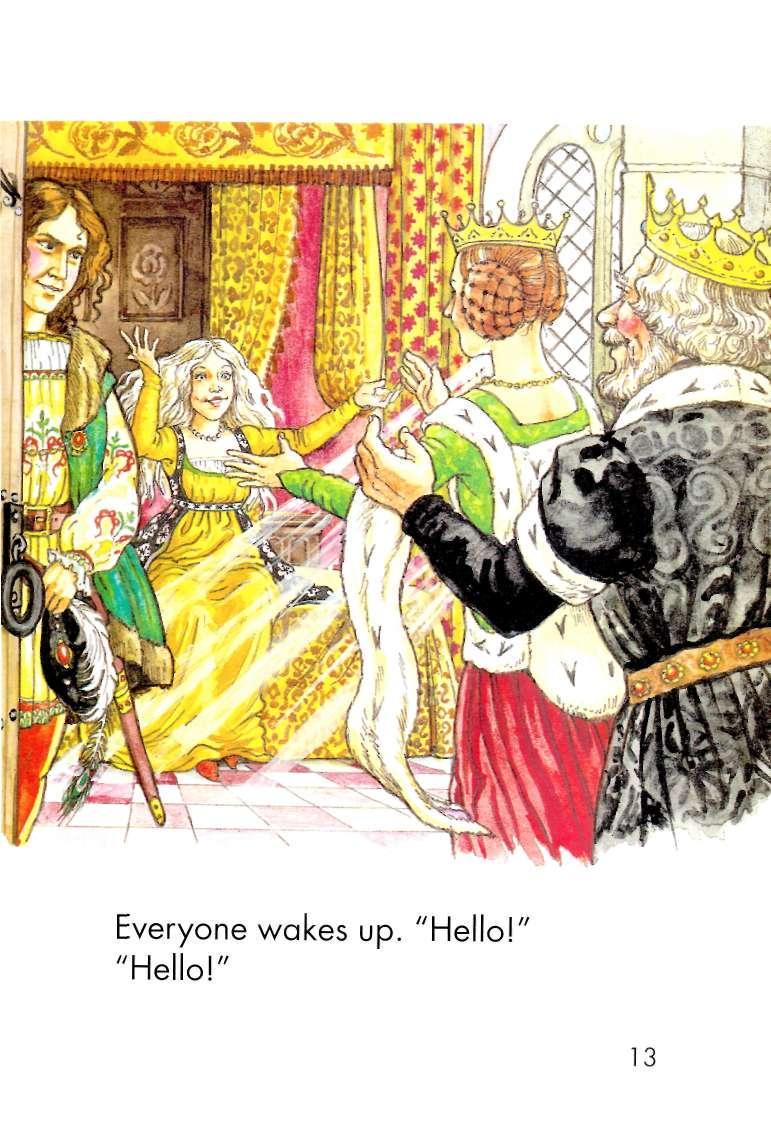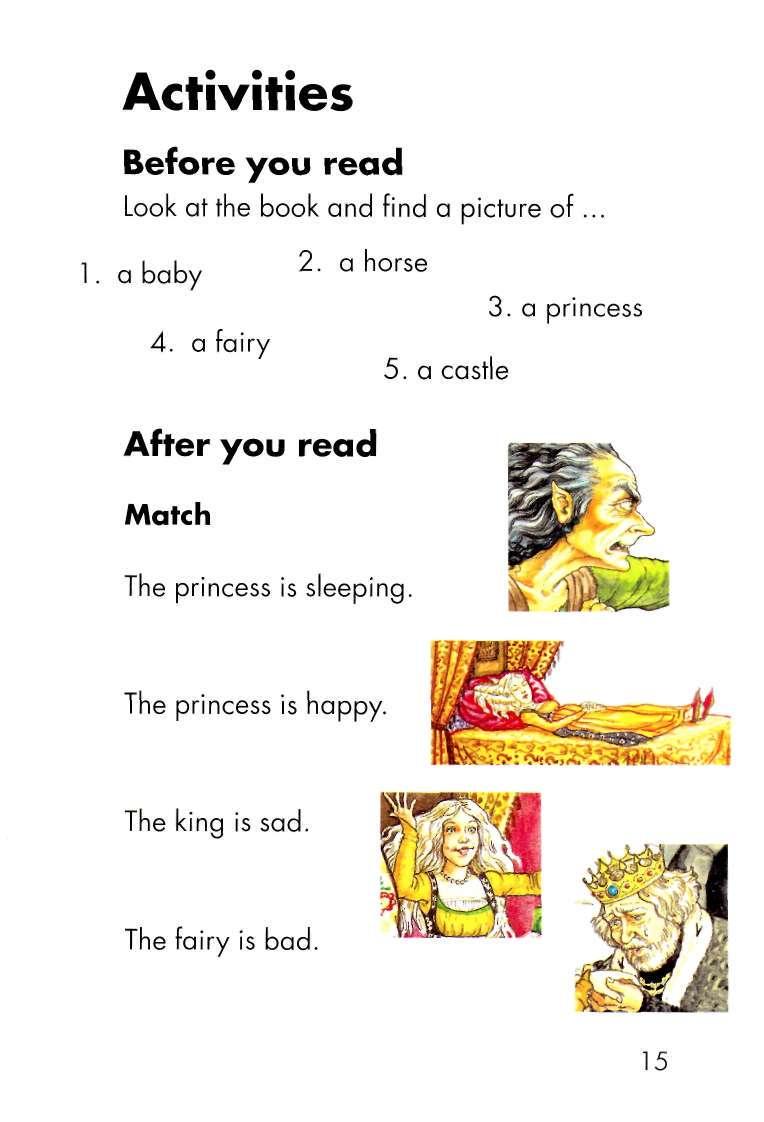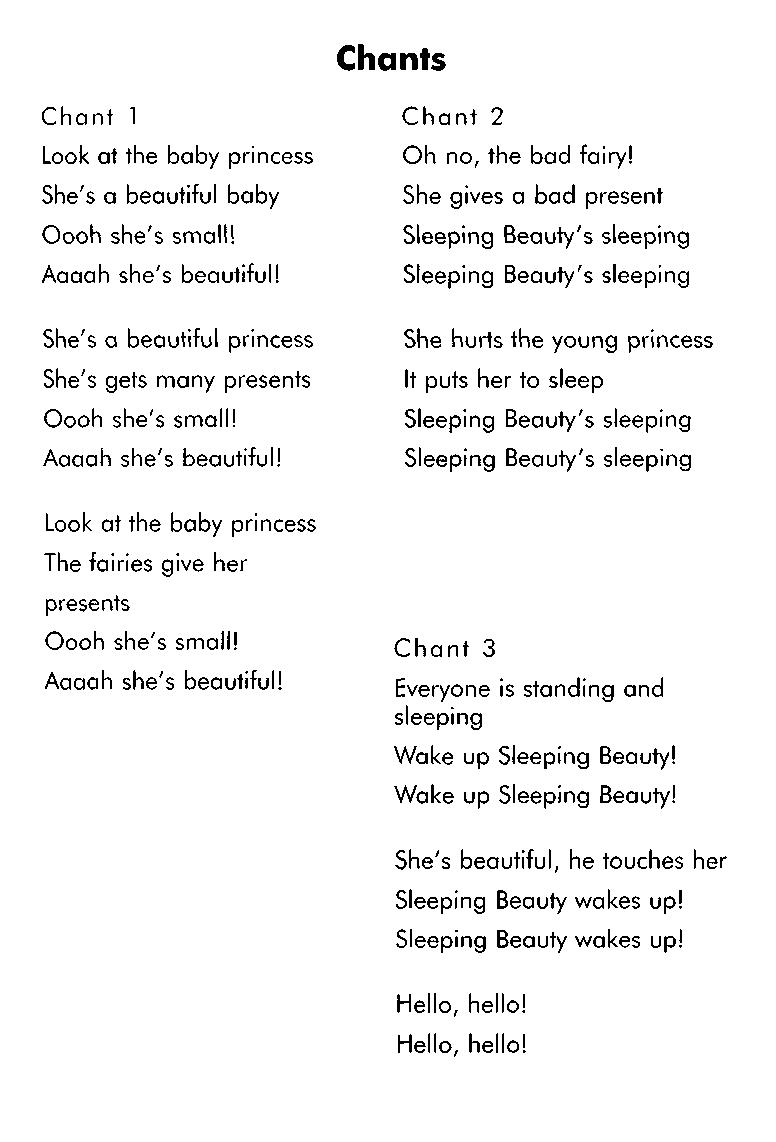Exploring the Variety of Random Documents with Different Content
Kingman stood up. Apparently the lawyer believed that his pronouncement would carry more weight by looming over the smiling, easy-going faces of his parties-of-the-second-part. "I am prepared to negotiate with your legal department; offering them, and you, the full rights to the transmission tube. This will include full access to any and all discoveries, improvements, and/or changes made at any time from its discovery to the termination of this contract, which shall be terminated only by absolute mutual agreement between Terran Electric and Venus Equilateral.
"In return for this, Venus Equilateral will permit Terran Electric to exploit the solar beam tube fully and freely, and exclusively—"
"Make that slightly different," said Channing. "Terran Electric's rights shall prevail exclusively—except within the realm of space, upon man-made celestial objects, and upon the satellites and minor natural celestial bodies where sub-relay stations of the Interplanetary Communications Company are established."
Kingman thought that one over. "In other words, if the transport companies desire to use the solar beam, you will hold domain from the time they leave an atmosphere until they again touch—"
"Let's not complicate things," smiled Don cheerfully. "I like uncomplicated things."
Kingman smiled wryly. "I'm sure," he agreed with fine sarcasm. "But I see your point. You intend to power the communications system with the solar beam. That is natural. Also, you feel that a certain amount of revenue should be coming your way Yes, I believe that our legal departments can agree."
"So let's not make the transport companies change masters in midspace," smiled Don.
"You are taking a lot on your shoulders," said Kingman. "We wouldn't permit our technicians to dictate the terms of an agreement."
"You are not going to like Venus Equilateral at all," laughed Don. "We wouldn't permit our legal department to dabble in things of which they know nothing. Years ago, when the first concentric beam was invented, which we now use to punch a hole in the Heaviside Layer,
communications was built about a group of engineers. We held the three inner planets together by the seat of our pants, so to speak, and nurtured communications from a slipshod, hope-to-God-it-getsthrough proposition to a sure thing. Funny thing, but when people were taking their messages catch as catch can, there was no reason for legal lights. Now that we can and do insure messages against their loss, we find that we are often tied up with legal red tape.
"Otherwise, we wouldn't have a lawyer on the premises. They serve their purpose, no doubt, but in this gang, the engineers tell the attorneys how to run things. We shall continue to do so. Therefore you are speaking with the proper parties, and once the contract is prepared by you, we shall have an attorney run through the whereases, wherefores, and parties of the first, second, and third parts to see that there is no sleight of hand in the microscopic type."
"You're taking a chance," warned Kingman. "All men are not as fundamentally honest as Terran Electric."
"Kingman," smiled Channing, "I hate to remind you of this, but who got what just now? We wanted the transmission tube."
"I see your point. But we have a means of getting power out of the sun."
"We have a hunk of that, too. It would probably have been a mere matter of time before some bright bird at Terran found the thing as it was."
"I shall see that the contract gives you domain over man-made objects in space—including those that occasionally touch upon the natural celestial objects. Also the necessary equipment operating under the charter of Venus Equilateral, wherever or whenever it may be, including any future installations."
"Fine."
"You may have trouble understanding our feelings. We are essentially a space-born company, and as such we can have no one at the helm who is not equipped to handle the technical details of operations in space." Channing smiled reminiscently. "We had a socalled efficiency expert running Venus Equilateral a couple of years
ago, and the fool nearly wrecked us because he didn't know that the airplant was not a mass of highly complicated, chemical reaction machinery instead of what it really is. Kingman, do you know what an airplant is?"
"Frankly, no, I should imagine it is some sort of air-purifying device."
"You'll sit down hard when I tell you that the airplant is just what it is. Martian saw grass! Brother Burbank tossed it out because he thought it was just weeds, cluttering up the place. He was allergic to good engineering, anyway."
"That may be good enough in space," said Kingman, "but on Terra, we feel that our engineers are not equipped to dabble in the legal tangles that follow when they force us to establish precedent by inventing something that has never been covered by a previous decision."
"O.K.," said Don. "Every man to his own scope. Write up your contract, Kingman, and we'll all climb on the band wagon with our illiterary X's."
In Evanston, north of Chicago, the leaves changed from their riotous green to a somber brown, and fell to lay a blanket over the earth. Snow covered the dead leaves, and Christmas, with its holly, went into the past, followed closely by New Year's Eve with its hangover
And on a roof by the shore of Lake Michigan, a group of men stood in overcoats beside a huge machine that towered above the great letters of the Terran Electric Company sign that could be seen all the way from Gary, Indiana.
It was a beautiful thing, this tube; a far cry from the haywire thing that had brought solar power to Venus Equilateral. It was mounted on gimbals, and the metal was bright-plated and perfectly machined. Purring motors caused the tube to rotate to follow the sun.
"Is she aligned?" asked the project engineer.
"Right on the button."
"Good. We can't miss with this one. There may have been something sour with the rest, but this one ran Venus Equilateral—the whole relay station—for ten days without interruption."
He faced the anxious men in overcoats. "Here we go," he said, and his hand closed upon the switch that transferred the big tube from test power to operating power.
The engineer closed the switch, and stepped over to the great, vaned, air-cooled ammeter shunt. On a panel just beyond the shunt the meter hung—
At Zero!
"Um," said the project engineer. "Something wrong, no doubt."
They checked every connection, every possible item in the circuit.
"Nothing wrong!"
"Oh, now look," said the project engineer. "This isn't hell, where the equipment is always perfect except that it doesn't work."
"This is hell," announced his assistant. "The thing is perfect—except that it doesn't work."
"It worked on Venus Equilateral."
"We've changed nothing, and we handled that gadget like it was made of cello-gel. We're running the same kind of voltage, checked on standard voltmeters. We're within one-tenth of one percent of the original operating conditions. But—no power."
"Call Channing."
The beams between Terra and Venus Equilateral carried furious messages for several hours. Channing's answer said: "I'm curious. Am bringing the experimental ship to Terra to investigate."
The project engineer asked: "Isn't that the job they hooked up to use the solar power for their drive?"
His assistant said: "That's it. And it worked."
"I know. I took a run on it!"
Channing was taking a chance, running the Relay Girl to Terra, but he knew his ship, and he was no man to be overcautious. He drove it to Terra at three G, and by dead reckoning, started down into Terra's blanket of air, heading for the Terran Electric plant which was situated on the lake shore.
Then down out of the cloudless sky came the Relay Girl in a free fall. It screamed with the whistle of tortured air as it fell, and it caught the attention of every man that was working at Terran Electric.
Only those on the roof saw the egg-shaped hull fall out of the sky unchecked; landing fifteen hundred yards offshore in Lake Michigan.
The splash was terrific.
"Channing—!" said the project engineer, aghast.
"No, look there—a lifeship!"
Cautiously sliding down, a minute lifeship less than the size of a freight car came to a landing in the Terran Electric construction yard. Channing emerged, his face white. He bent down and kissed the steel grille of the construction yard fervently.
Someone ran out and gave Channing a brown bottle. Don nodded, and took a draw of monstrous proportions. He gagged, made a face, and smiled in a very wan manner.
"Thanks," he said shakily. He took another drink, of more gentlemanly size.
"What happened?"
"Dunno: Was coming in at three G. About four hundred miles up, the deceleration just quit. Like that! I made it to the skeeter, here, in just about enough time to get her away with about two miles to go. Whoosh!"
Don dug into his pocket and found cigarettes. He lit up and drew deeply. "Something cockeyed, here. That stoppage might make me think that my tube failed; but—"
"You suspect that our tube isn't working for the same reason?" finished the project engineer.
"Yes. I'm thinking of the trick, ultra-high powered, concentric beams we have to use to ram a hole through the Heaviside Layer. We start out with three million watts of sheer radio frequency and end up with just enough to make our receivers worth listening to. Suppose this had some sort of Heaviside Layer?"
"In which case, Terran Electric hasn't got solar power," said the project engineer. "Tim, load this bottle into the Electric Lady, and we'll see if we can find this barrier." To Channing, he said: "You look as though you could stand a rest. Check into a hotel in Chicago and we'll call you when we're ready to try it out."
Channing agreed. A shave, a bath, and a good night's sleep did wonders for his nerves, as did a large amount of Scotch. He was at Terran Electric in the morning, once more in command of himself.
Up into the sky went the ship that carried the solar tube. It remained inert until the ship passed above three hundred and forty miles. Then the ammeter needle swung over, and the huge shunt grew warm. The tenuous atmosphere outside of the ship was unchanged, yet the beam drew power of gigantic proportions.
They dropped again. The power ceased.
They spent hours rising and falling, charting this unknown barrier that stopped the unknown radiation from bringing solar power right down to earth. It was there, all right, and impervious. Above, megawatts raced through the giant shunt. Below, not even a microammeter could detect a trace of current.
"O.K., Don," said the project engineer. "We'll have to do some more work on it. It's nothing of your doing."
Mark Kingman's face was green again, but he nodded in agreement. "We seem to have a useless job here, but we'll think of something."
They studied the barrier and established its height as a constant three hundred and thirty-nine, point seven six miles above Terra's mythical sea level. It was almost a perfect sphere, that did not
change with the night and day, as did the Heaviside Layer There was no way to find out how thick it was, but thickness was of no importance, since it effectively stopped the beam.
Then as Don Channing stepped aboard the Princess of the Sky to get home again, the project engineer said: "If you don't mind, I think we'll call that one the Channing Layer!"
"Yeah," grinned Don, pleased at the thought, "and forever afterward it will stand as a cinder in the eye of Terran Electric."
"Oh," said the project engineer, "we'll beat the Channing Layer."
But the project engineer was a bum prophet—
Interlude:
Baffled and beaten, Mark Kingman returned to Terran Electric empty handed. He hated science and the men who revelled in it, though he was not above using science—and the men who revelled in it—to further his own unscientific existence. The poetic justice that piled blow upon blow on his unprotected head was lost on Mark Kingman and he swore eternal vengeance.
With a say in the operations at Terran Electric, Kingman directed that the engineers and scientists work furiously to discover something about this strange radiation that made the energy beam possible, that drove spacecraft across the void, and which now was drawing power out of the sun to feed the requirements of men who owed allegiance to Venus Equilateral.
Kingman was losing his sense of values. He accused Venus Equilateral of trickery. Quietly, of course, for people had faith in the operations of the relay station personnel and would stand for no criticism. Because people found Venus Equilateral and all that went with it both good and upstanding in the face of what Mark Kingman believed, it infuriated him to the point of illegality.
And the evil fate that makes evil men appear to flourish smiled upon Mark Kingman, while all that Channing had to fight back with was his faith in the unchanging physical laws of science. But Kingman thought he was smart enough to beat Venus Equilateral at their own business!



